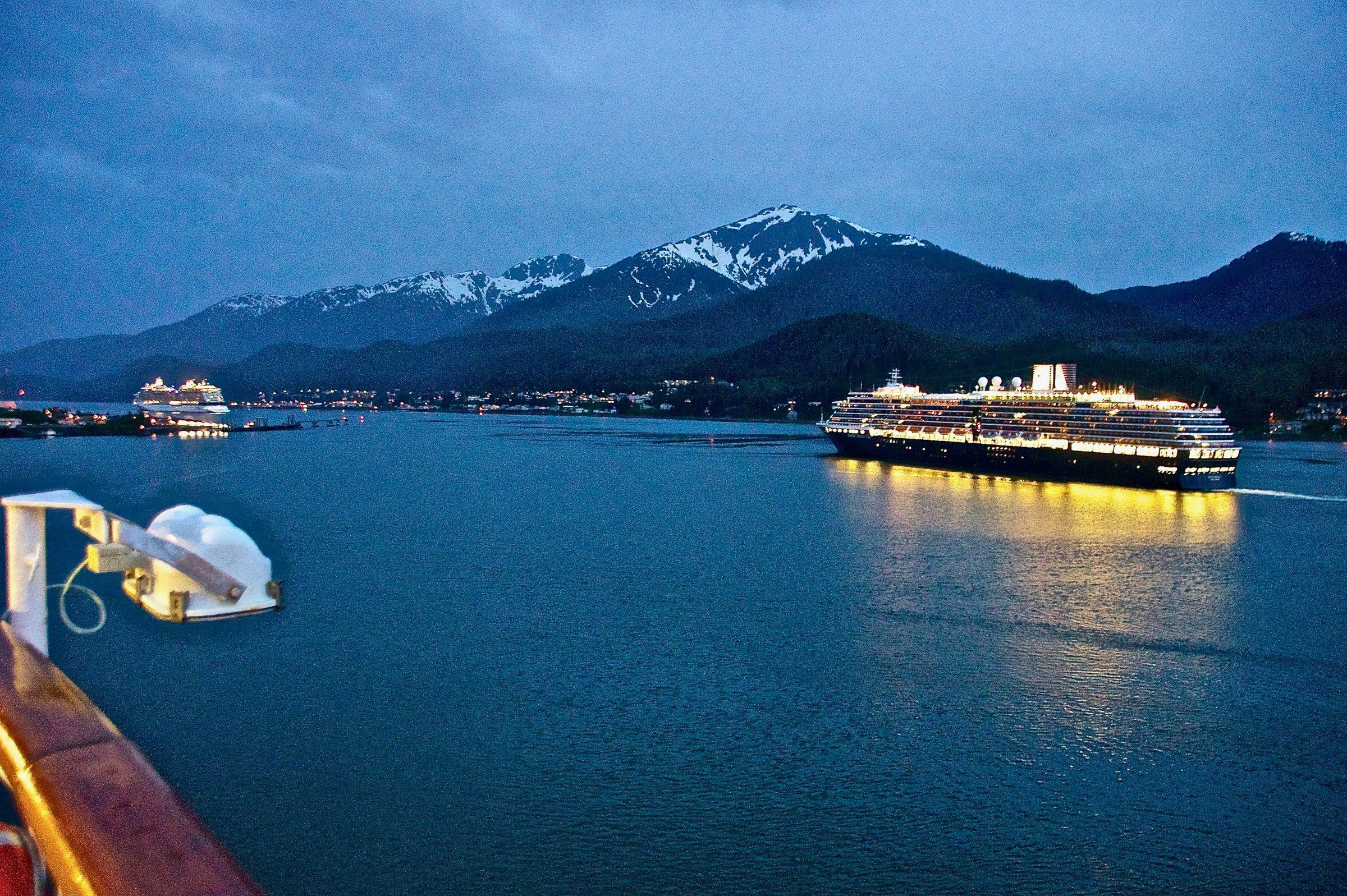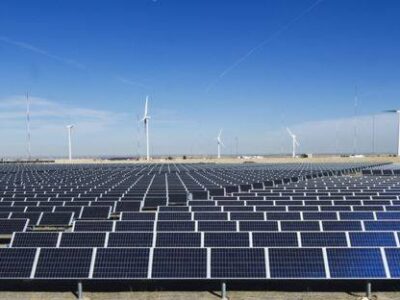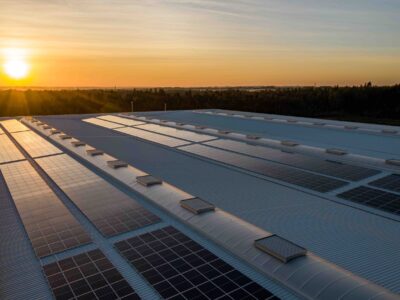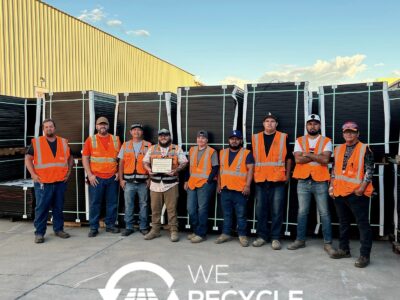An essential part of elected representatives and senators’ work is crafting legislation. They actively contribute to the content of bills beyond offering just a “yes” or “no” vote. This practice was evident in the year-long construction and passing of the Infrastructure Investment and Jobs Act — or the Bipartisan Infrastructure Bill.
Alaska senator and infrastructure bill co-author Lisa Murkowski made efforts to ensure that her state’s clean energy future would be a top priority in the recent passage of the 2022 Consolidated Appropriations Act. Under Murkowski’s guidance, America’s northernmost state will receive more than $200 million in funding for many projects dedicated to improving sustainability and clean energy access.
According to Murkowski’s office, 65 projects will receive funding as part of the bill. The $230 million total comes from money set aside as “congressionally designated spending allocations,” a modern version of congressional spending “earmarks.”
Being an appropriations bill and thus largely budgetary, this piece of legislation covered funding for various issue areas like the conflict in Ukraine and a reauthorization of the Violence Against Women Act. But it is Murkowski’s eye-catching provisions that will be of interest to sustainability-minded Alaskans. Projects include a pilot program for an electric ferry system, heat pump installations for lower-income households, and energy assistance programs.
“Through this bill, we are providing much-needed stability, protections, and opportunities for communities all across our state,” said Murkowski, emphasizing the importance of the government in bringing the public along the road to recovery from 2020’s extended economic shutdown. “And with the return to Congressionally Directed Spending allocations, we are giving communities the financial opportunity to complete projects and invest in their futures.”
The bulk of the reception among Alaska residents has been overwhelmingly positive, with supporters voicing excitement over funding to services and communities deemed essential for a resilient and environmentally sustainable future. “We will be able to remove thousands of hazardous trees to protect homes and public facilities,” says City of Kenai mayor Brian Gabriel, whose office received nearly $400,000 to fund a community-wide wildfire hazard mitigation plan.
Other funding allocations include $3.25 million to replace an old wastewater station in Kodiak and $2 million for an electric ferry program in Juneau. A host of indigenous community support projects will also receive funds like a $1.5 million grant for a tsunami shelter for the Alutiiq Tribe of Old Harbor. “We would like to say Quyanaa (‘Thank You’),” says tribal representative Loyd Ashouwak Sr. “Most of our main infrastructures are located within the threat zone. The funding for this shelter would be able to provide safe gathering and harboring during a time of crisis and keep our families safe from the elements.”





